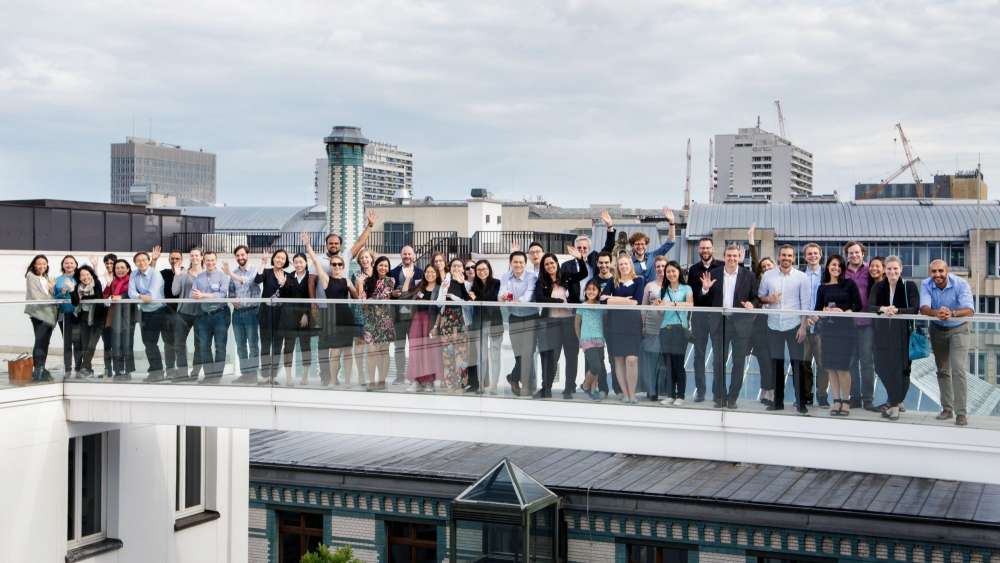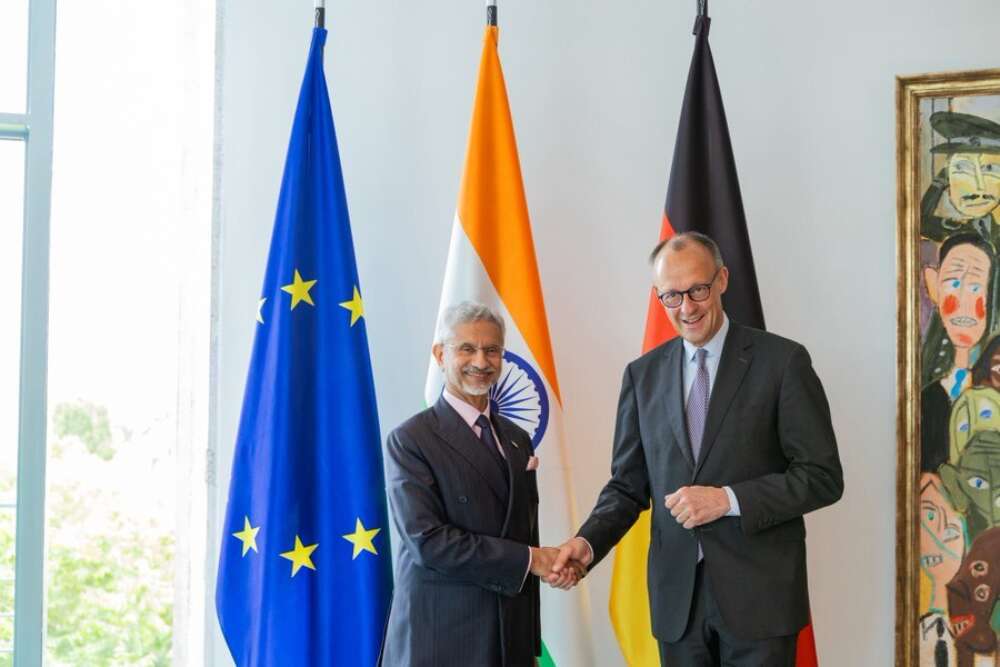Global Order
We are in the midst of a geopolitical transition. States shaping the global order today are less Western, have fewer common interests, and are more normatively diverse. The result is often competition and contestation. This plays out in both established international institutions, emerging strategic spaces such as the Indo-Pacific, and new institutional ventures like the Belt and Road Initiative. Our research seeks to better understand these developments. Our dialogue projects provide a platform for policymakers and young professionals to debate differences, expand their political and cultural knowledge, and explore opportunities for cooperation on transnational challenges.
India and China: Leaders of the Global South?
This dossier explores India and China’s competing claims to leadership of the Global South. Through perspectives from Asia, Africa, Latin America, and Europe, it examines how both countries shape global development, diplomacy and power relations.
Reaching Across Cultural and Political Divides: Why Dialogues Matter and How They Can Succeed
Global Governance Futures (GGF) – a multilateral dialogue program we ran with the Robert Bosch Stiftung for 10 years – rested on a key principle: to fix global problems, we must work across divides. What have we learned in a decade of GGF?
Seize the India–Germany Moment
Germany and India are well placed to work together on several global challenges. Joel Sandhu argues that the current geopolitical landscape dictates that Berlin and New Delhi should do so sooner rather than later.
ENSURED: Shaping Multilateralism for a World in Transition
The international order seems to be in crisis. How can the EU defend and transform global governance to make it more robust, effective and democratic?
ENSURED: Shaping Multilateralism for a World in Transition
Together with 13 consortium partners, GPPi has launched a new research project to help bolster global governance. Addressing five policy areas – trade, climate, health, migration, and digitalization – that by their very nature pose transnational challenges, ENSURED investigates how the EU can make multilateralism more robust, effective and democratic.
Experts
Thorsten Benner
Florian Klumpp
Garima Mohan
Joel Sandhu
Gerrit Kurtz
Jakob Hensing
Johannes Gabriel
Amanda Pridmore
Oliver Stuenkel
Funding & Contact
Our research projects are funded by the Mercator Foundation, the German Federal Foreign Office, the EU Commission’s Foreign Policy Instrument, and the EU Delegation to India. Our work on Global Dialogue is supported by the Robert Bosch Stiftung. For past dialogue and research projects, we have received funding from the Mercator Foundation, the Open Society Foundation and the European Recovery Program (ERP) of the Federal Ministry for Economic Affairs and Energy.
For more information, please contact Joel Sandhu.
Global Dialogue
In cooperation with the Robert Bosch Stiftung, Global Dialogue is a project for parliamentary exchange that brings together members of the German Bundestag, fellow parliamentarians from partner countries and other international political decision-makers in bi- and trilateral formats. The goal of the exchange is to strengthen ties between Germany and key partner countries as a way to build a strategic community of political decision-makers who can address global challenges cooperatively.











